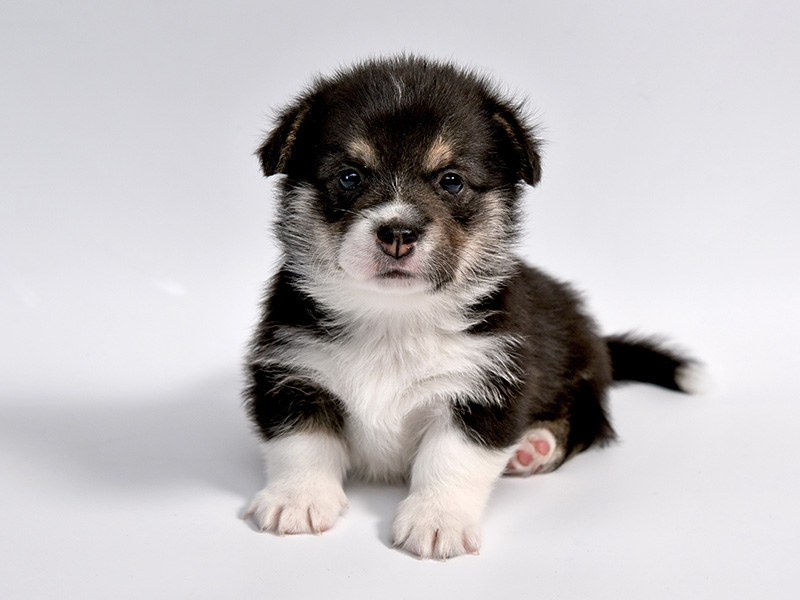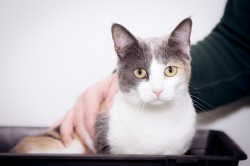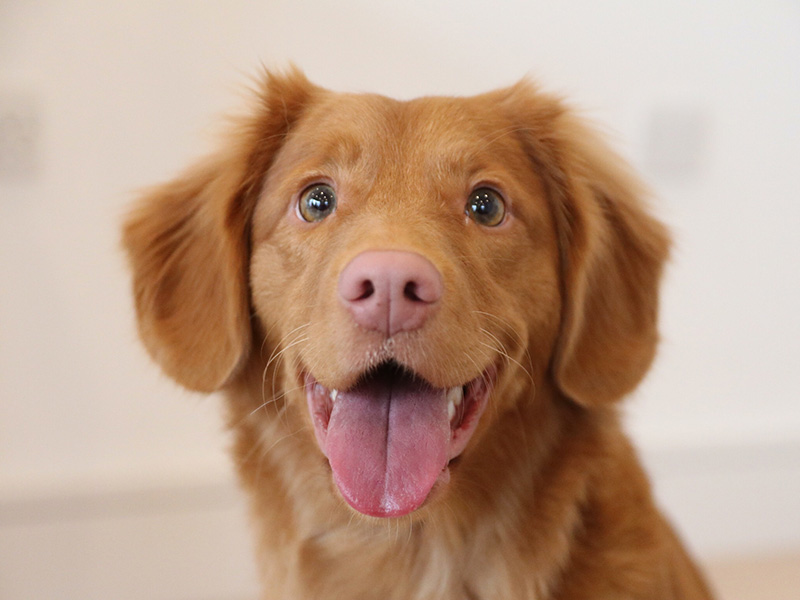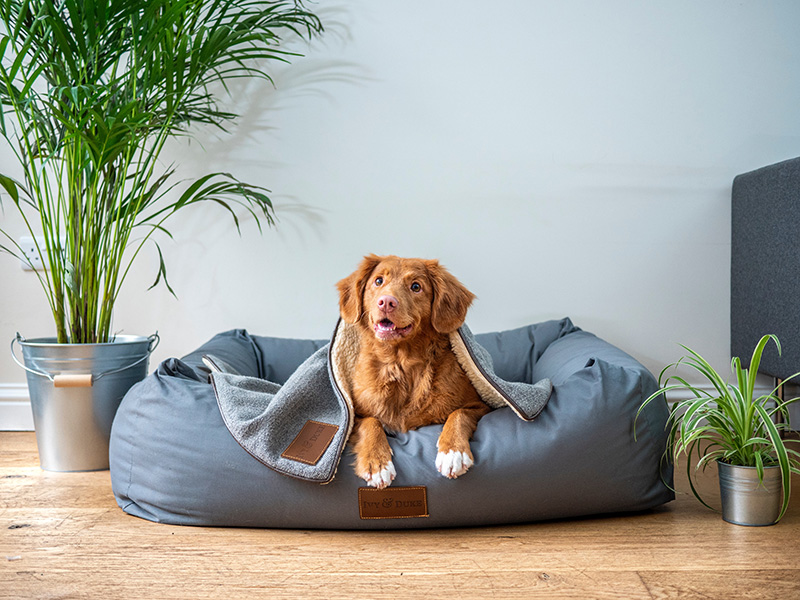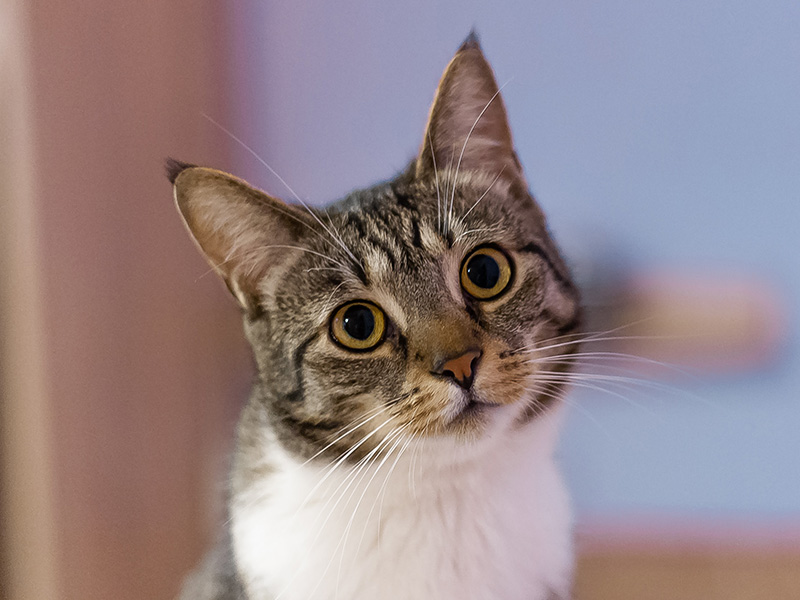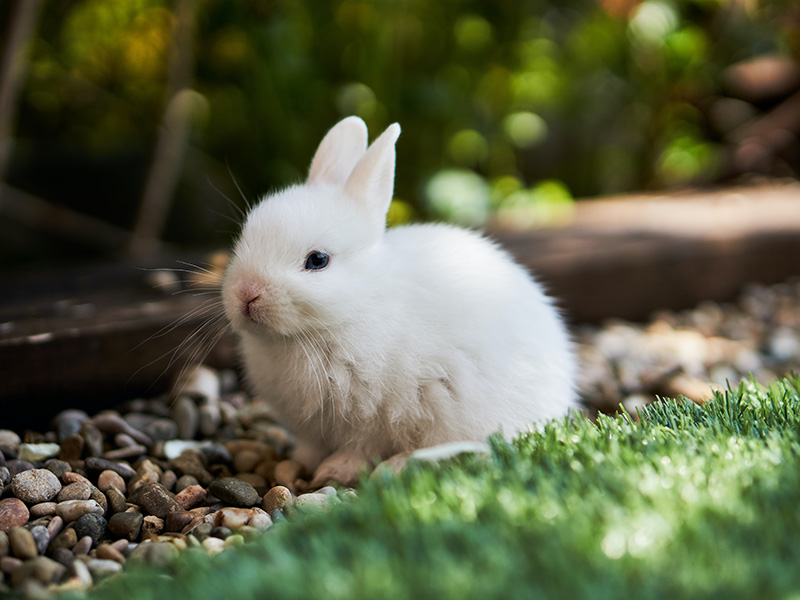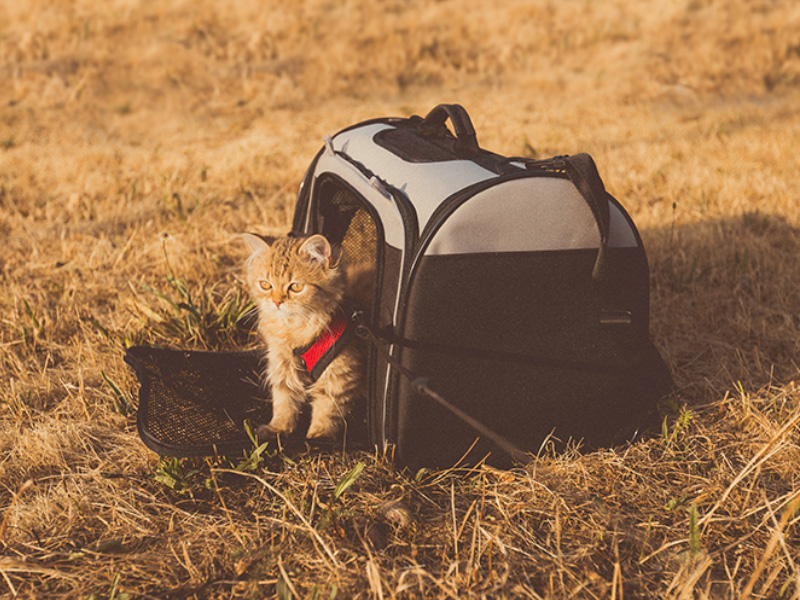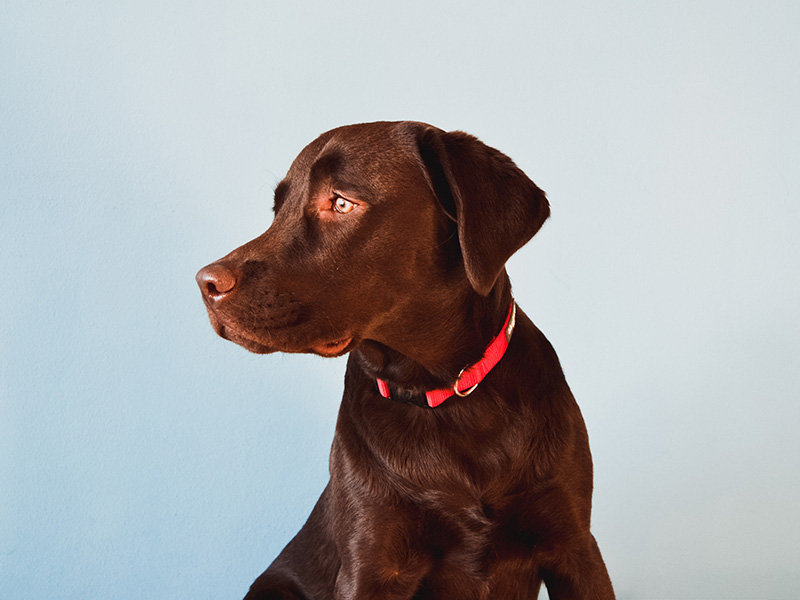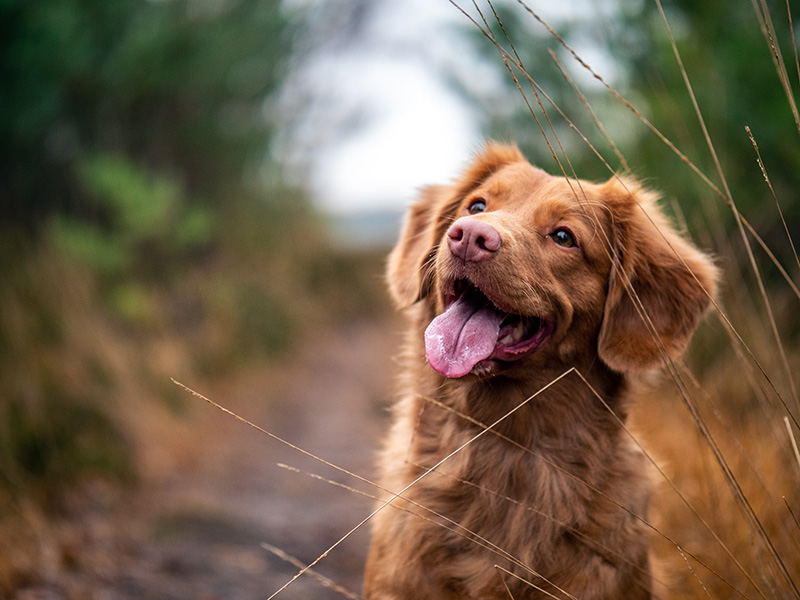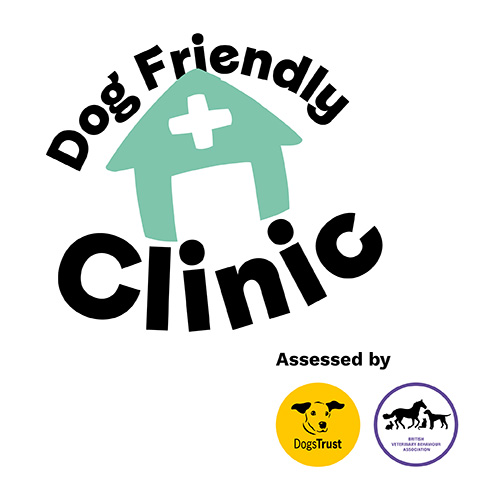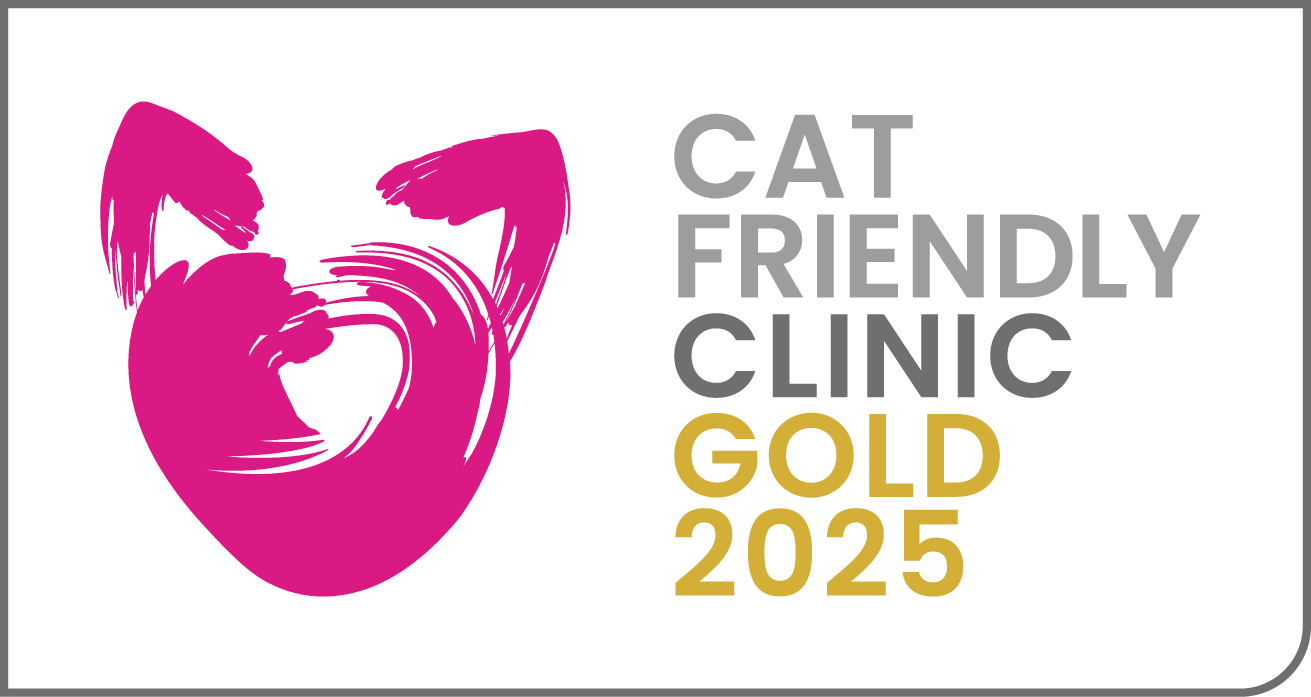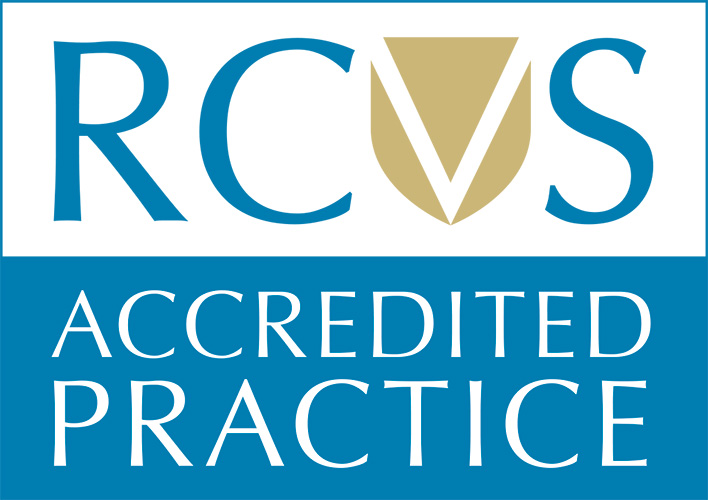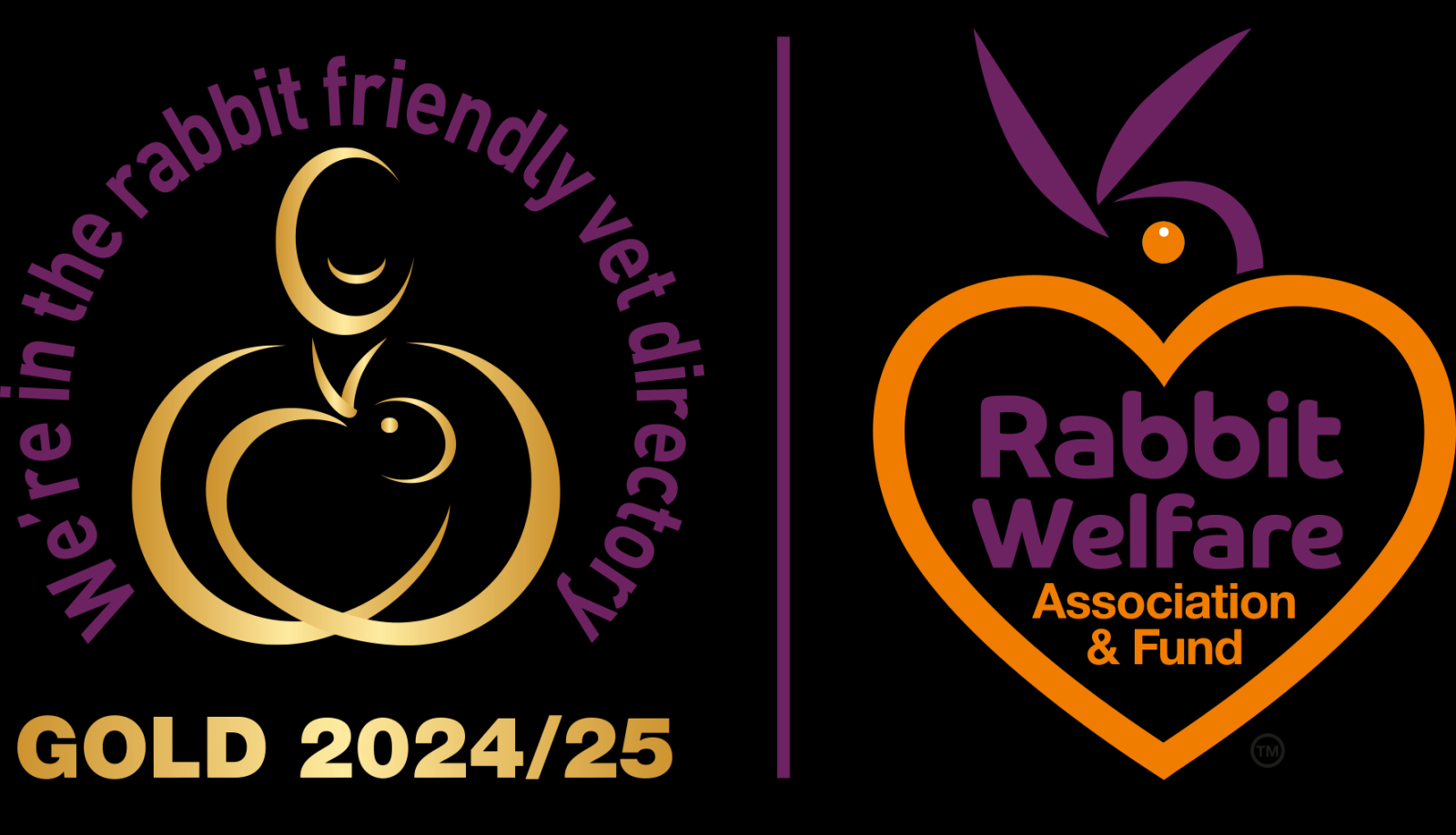Infectious Diseases In Imported Dogs
There are some diseases that we see in dogs arriving into the UK from other countries that are not seen in the UK otherwise. These diseases can cause illness in the dogs themselves, and sometimes there is a risk of the infection spreading to humans and other dogs that have contact with the imported dog.
It is important that your veterinary practice knows if your dog was born or lived in another country before coming to the UK so that any imported diseases can be detected and treated correctly.
Imported diseases that are dangerous for humans
Canine brucellosis is an infection that primarily spreads between dogs when they mate or have puppies. Unfortunately, the infection can cause serious illness in people, especially if they have contact with birthing fluids, or are splashed with blood, urine or saliva in the eyes or mouth.
Imported diseases that are dangerous for dogs
There are other infections that imported dogs can carry that do not become apparent for months or years after arrival. These diseases include Leishmaniasis, Borrelia, and Anaplasmosis. Blood tests can be performed to check if your pet is carrying one of these diseases.
Heartworms are a parasite found outside of the UK. Many of the worming products used routinely in the UK can be dangerous if given to pets that are already infected with heartworm. It is recommended that pets that were born in or have lived in countries outside of the UK are tested for heartworm with a blood test before routine worming treatment is prescribed to them.
I have a rescue dog from outside of the UK, what do I need to do?
Let your vet know at your next routine vet visit. If your pet is pregnant make an appointment to discuss the possibility of imported infectious disease as soon as possible, before birth is imminent. If your pet was imported by a charity ask the organisation if your pet has already been tested for any imported diseases and share the results with your vet. If your vet recommends blood testing go ahead with this if you possibly can. Practice good hygiene around your pet, especially when clearing up urine.
-
Previous
-
Next
